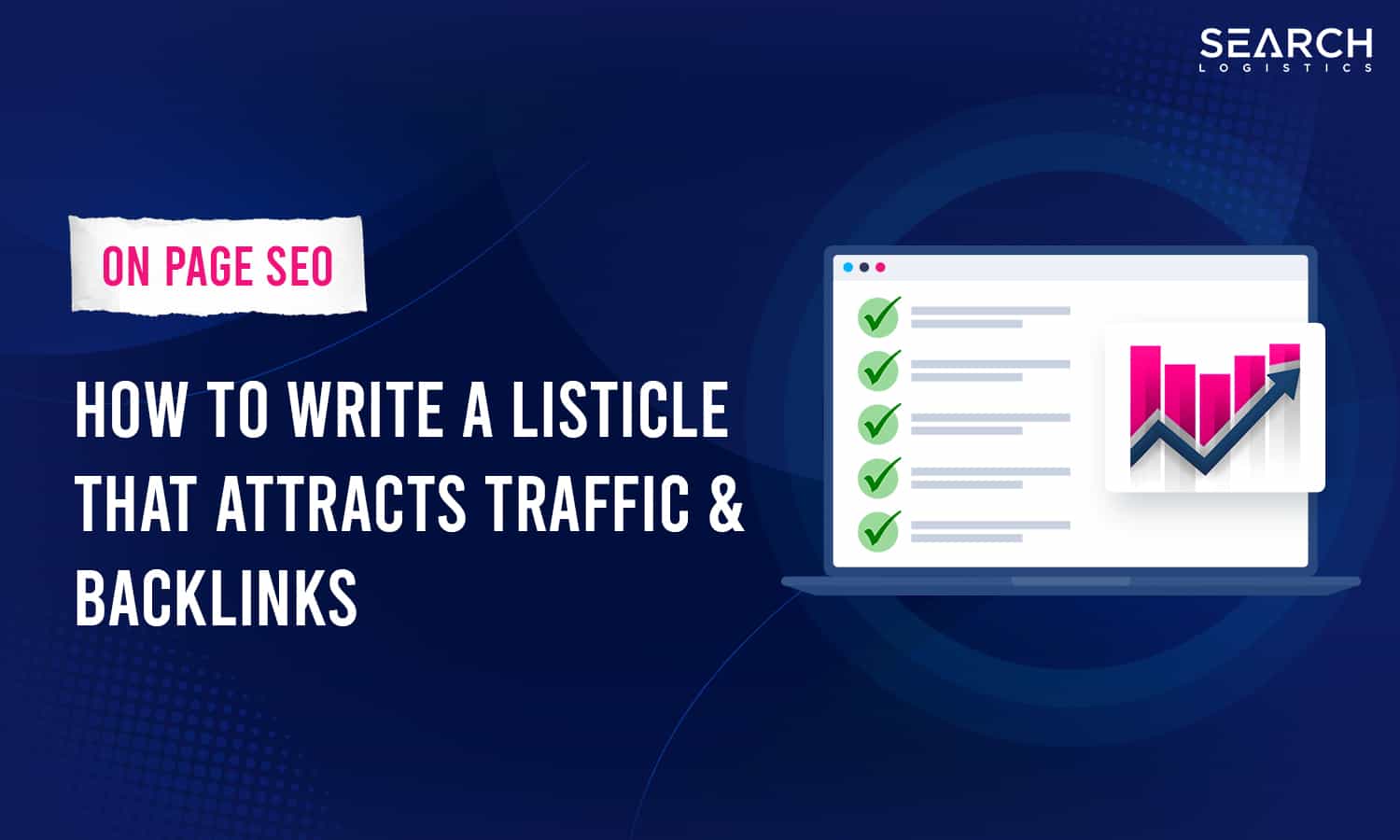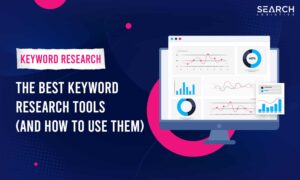Airtel Enters the Cloud Market with Data Sovereignty at its Core
MediaNama’s take: Airtel’s move to provide a cloud service should not come as a surprise, given that its biggest competitor, Reliance Jio, already offers the same. Besides this, in August last year, the company’s managing director, Gopal Vittal, had implied that there is only so much Airtel can do to gain share in the connectivity business.
“My own sense is that this is really what calls for greater urgency in our own portfolio to really drive a lot more adjacencies because remember the connectivity side of the business as an industry is growing only at about 4% to 5%, so underlying connectivity will always be soft, and there is only so much that you can do to actually gain share and so on,” he had explained during the earnings call for the quarter ending in June 2024. Cloud could be one of the adjacencies that the company is turning towards to deal with the softness in its connectivity business by leveraging the infrastructure and learnings from its telecom business.
What’s the news?
In a shift from being a telecom service provider, Airtel has launched a cloud solution for telecom businesses, marking its entry into the technology service domain. This cloud service includes business offerings such as a converged data engine for AI-led insights and intelligence at scale, a workforce management platform for real-time task streamlining, and an experience platform for managing the customer journey. These digital solutions are a part of Airtel’s 100% subsidiary Xtelify. This launch comes after the company mentioned its plans to launch a ‘telco-grade’ cloud offering during its earnings call for the quarter ending March 31, 2025 (Q4FY25).
During the press conference announcing the launch of the cloud, the company’s managing director, Gopal Vittal, explained that the Airtel Cloud will be sovereign, meaning that the data will stay within the country. In the lead-up to the discussion around the cloud, Vittal mentioned that businesses today struggle with having their various segments siloed into different parts.
“Your data infrastructure in an environment like this is not AI-ready. So it’s typically siloed, and it’s unusable. You have a high cost of data and migration. Now, imagine if you’ve got a business and you want to port the data of a user into another business. You have a huge migration challenge. You’ve got data discovery issues, data duplication issues, and of course, it’s not security compliant, nor DPDPA [Digital Personal Data Protection Act, 2023] compliant,” he said, explaining the challenges facing businesses.
He said that both the cost of moving data to the cloud and the issue of data localisation are solved with the Airtel Cloud. The company is already using the 300 cloud expert-managed cloud service internally to process 140 crore transactions per minute.
How important is it for data to be in India?
While Vittal emphasised the fact that the cloud keeps the data in India and discussed DPDPA compliance, the act does not mandate localisation. Instead, it restricts companies from sending the data of Indian users to countries that the government may notify later. When asked about the same, Vittal pointed out that irrespective of whether or not there is a hard mandate on localisation, a sovereign cloud is relevant to certain types of business segments/customers.
“So many regulated companies, for instance, in our [Airtel’s] case, we cannot put a lot of the data that we have outside on the public cloud. It’s the same for many banks and insurance companies, and financial services,” he explained. Besides meeting any localisation mandates, Vittal said that other aspects of the business, such as the cost of the service and the fact that it comes bundled with Airtel’s network and data centres, make it a compelling proposition.
Advertisements
Key aspects of the Airtel data engine offering:
Vittal explained that the data engine enables the company to offer the same experience to its customers across various interfaces. Within Airtel, the engine has allowed the company to assess network performance and sales data across market segments. The data engine is the reason behind Airtel’s high average revenue per user (ARPU), Vittal said. “The data engine will really allow anyone to do any kind of manipulation or action to drive ARPU or to improve the performance of their business,” Vittal added, explaining the utility of the service.
The engine has also enabled the company to offer its spam detection service and enter into other business ventures, such as Airtel Financial Services. “The data engine also allows you to do the spam and fraud prevention that we launched recently,” he said, implying that other telcos who opt to purchase the cloud service will be able to implement the spam and fraud prevention platform on their networks as well. On the financial services side, Vittal explained that the company leveraged its native intelligence to establish a ‘telco grade’ credit score for 90 million customers beyond the regular Credit Information Bureau (India) Limited (CBIL score).
Scope for Airtel to own an LLM:
Given the company’s push for AI in this launch, as well as its recent announcement to offer Perplexity to its customers, participants at the conference asked Vittal whether the company intends to create its own large language model (LLM) in the near future.
“I don’t think we’ve quite crossed that point. I think the amount of investments that are going on around the world in LLMs is astronomical, and I think we would much rather use the public LLMs that are already there. Combine that with small language models, which are relevant for the kind of business that we run, and make it much sharper. We’re already beginning to do things like that,” Vittal replied.
Also read:
Support our journalism:














Post Comment